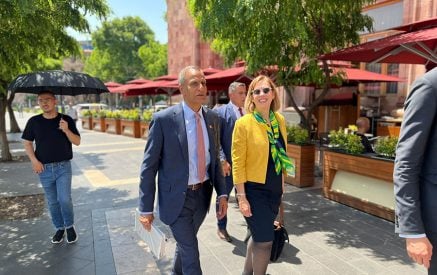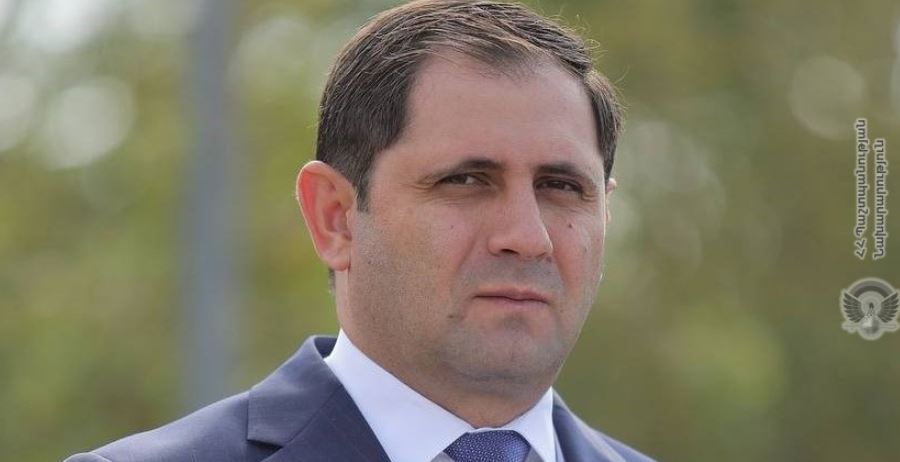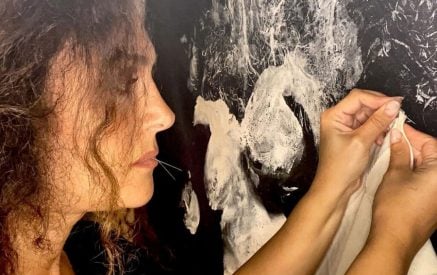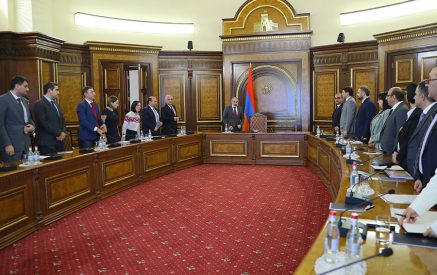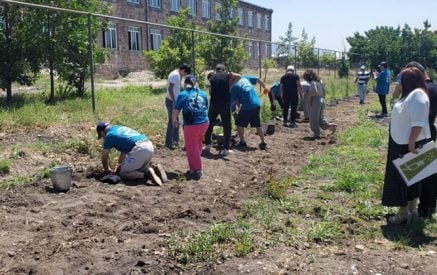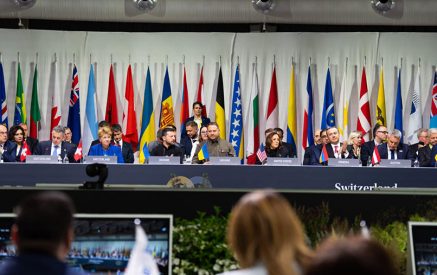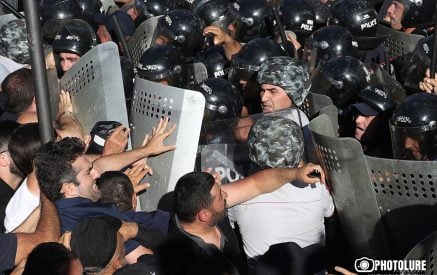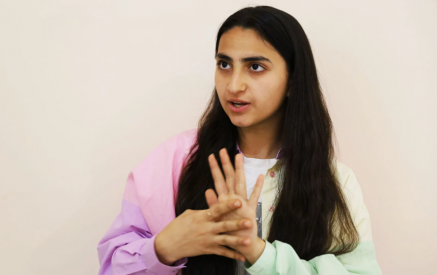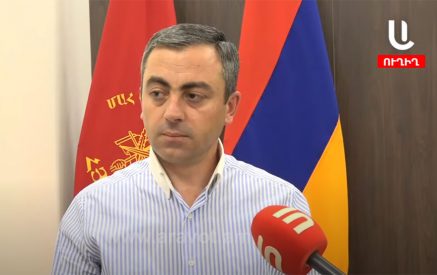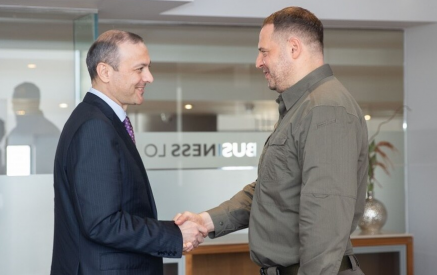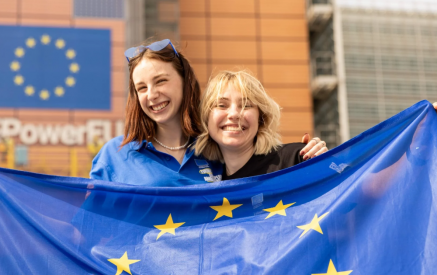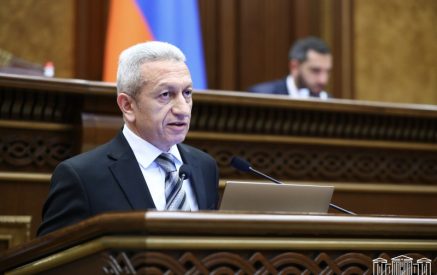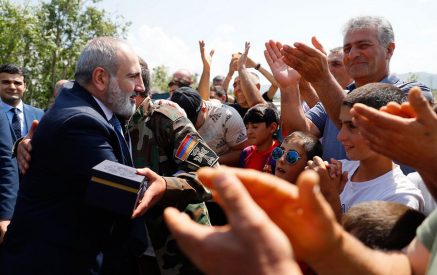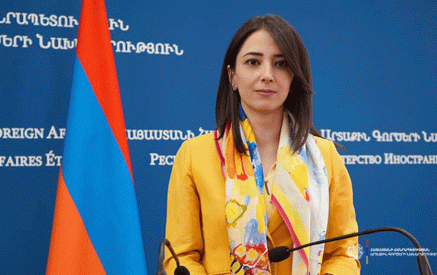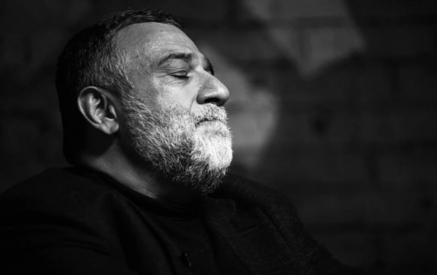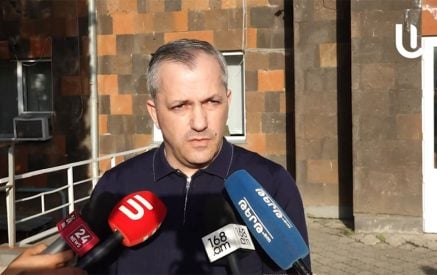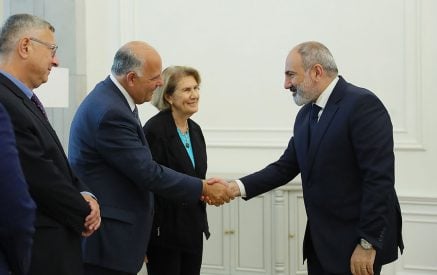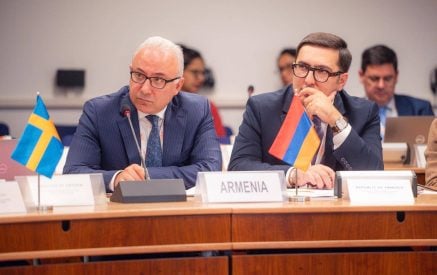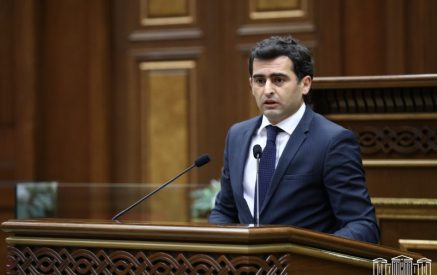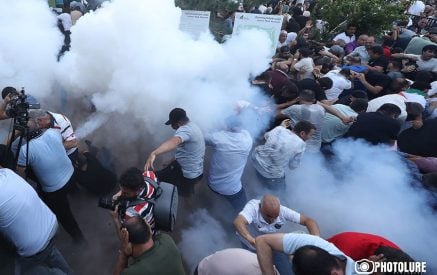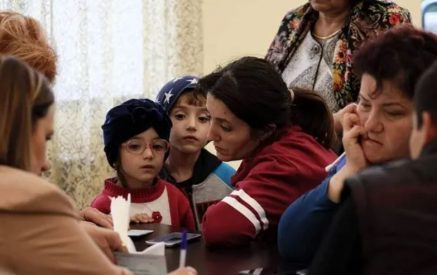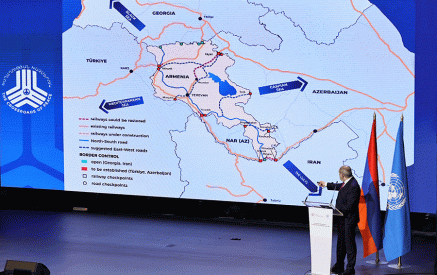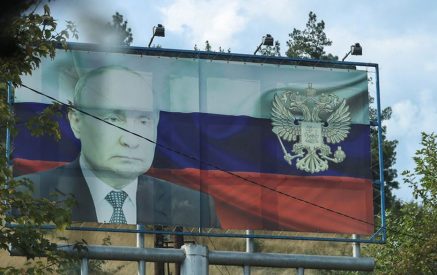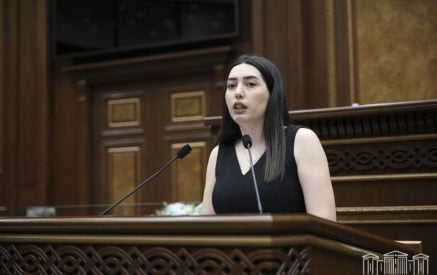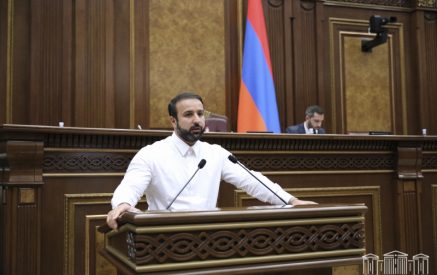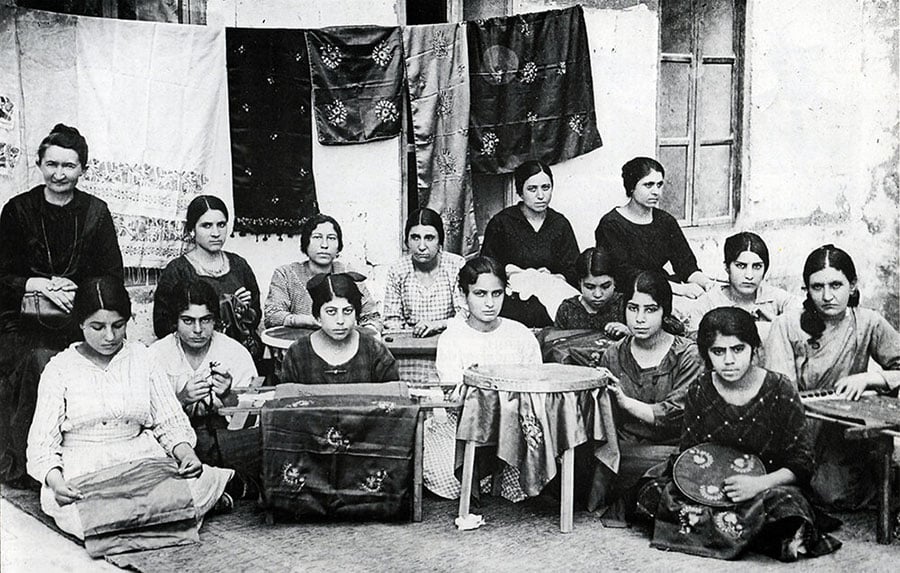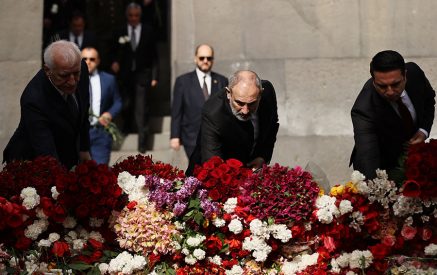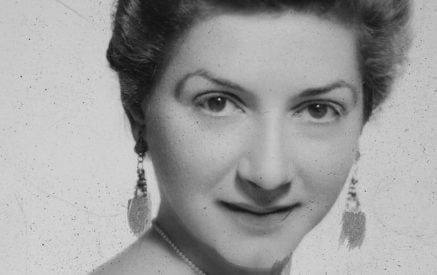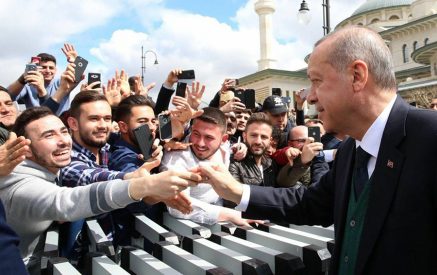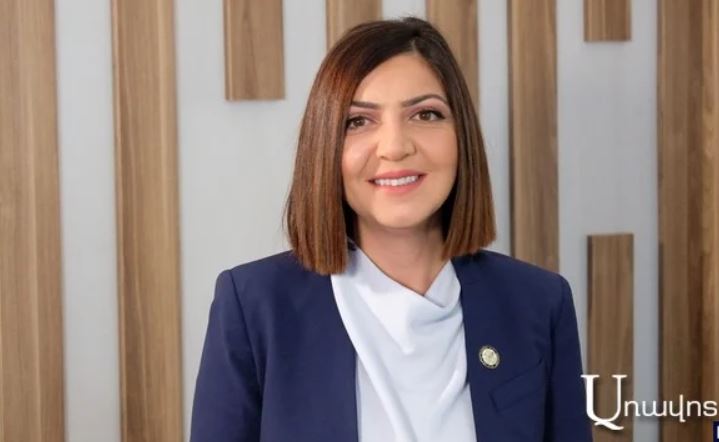by Victoria Atamian Waterman
Armenians hold deep reverence for the roles of “mother” (mayrig) and “grandmother” (medz mayrig), praising their love and devotion, which bind families together. Mother’s Day in the United States, celebrated annually on the second Sunday in May, honors maternal bonds and recognizes the positive impact of mothers on families and society. While many cherish the tradition of treating their mothers to a special dinner, some may reflect on past celebrations and loved ones lost.
If given the chance to share a Mother’s Day dinner with anyone from history, I would eagerly choose Karen Jeppe, a mayrig by choice. A Danish missionary and trailblazing business leader, she dedicated her life to rescuing and empowering women and children who survived the Armenian Genocide. Jeppe defied societal norms and risked danger to answer her calling, establishing innovative programs for self-sufficiency and serving as a beacon of hope in dark times.
Read also
In my imagined dinner with Jeppe, surrounded by the aroma of traditional Armenian dishes, I would express admiration for her multifaceted role as both a mother and a father figure to Armenians. Despite societal constraints, she assumed the duties of a priest and provided a loving home for orphaned children. I would ask for her thoughts on being revered as the “Mother of Armenians,” considering evolving social norms and persistent gender stereotypes.
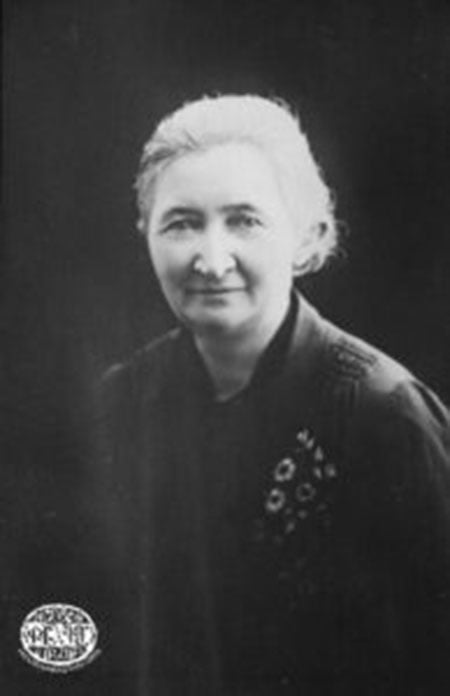
Karen Jeppe, c. 1930. (Houshamadyan The Royal Danish Library. Courtesy of Mihran Minassian)
Jeppe’s response would likely reflect her humility and devotion to her calling, acknowledging the privilege of being called “Mayrig” and the complexity of gender roles in society. She might express gratitude for the opportunity to serve her adopted family and the need for continued reflection on societal beliefs and progress.
In our imagined conversation, we clear the table and reset for a sumptuous feast, with mixed aromas from savory roast lamb, buttery rice pilaf and hearty traditional fasoulia (green bean stew)—a heavy main course to complement the meat of the conversation.
Me: “You broke traditional gender roles during this era and accomplished extraordinary results, despite the oppression of women. Your talent for business and negotiation is remarkable, credited with saving Armenian embroidery from annihilation. Even esteemed by Sheiks and Muslim leaders, your influence was unparalleled. Where did you find such confidence and knowledge?”
Jeppe: “Thank you for your kind words. From the beginning, I believed in integrating women into the workforce and reviving Armenian culture through quality craftsmanship. Our focus on excellence and skills training empowered Armenians to thrive.”
We both feel nourished, our hearts full. Once again, we take a break and reset the table with sweet desserts and Armenian coffee.
Me: “Could you share with me a story of one of your rescues?”
Jeppe: “Ah, the sweetness of this delicious paklava and the boldness of the coffee bring to mind a bittersweet tale of Astrig. While gathering water, one of my rescuers encountered Astrig, who was living in a nearby Muslim tent and was about to be sold into marriage. In whispered tones, she agreed to escape with the rescuer from the desert to Aleppo. My son Misak met her at the agreed-upon time and drove her away in our Ford car, outpacing the pursuing Muslim tribe leaders on horseback. Thank God, it was a successful escape, and Misak and Astrig arrived safely at the Rescue Home. It’s important to note that not all rescues had such fortunate outcomes. However, this one ended with hope. Astrig was recognized by a friend visiting the Rescue Home and was ultimately reunited with her mother. Sadly, not all rescues had such happy endings. Thank you for allowing me to reminisce about this comforting memory.”
Me: “Before I ask one last question, I want to sincerely thank you for making this dream come true. I am in awe of your resilience, leadership and Christian faith and want to learn from you. What advice would you share on being a strong mission-driven leader?”
Jeppe: “Thank you, dear. I am honored to share my wisdom. Be part of something greater than yourself, and use your talents purposefully. Remember these words: ‘She is clothed with strength and dignity; she can laugh at the days to come. She speaks with wisdom, and faithful instruction is on her tongue‘ (Proverbs 31: 25-26).”
Happy Mother’s Day to the special mayrig, medz mayrig or mayrig by choice in your life, past or present.
On the Main Photo: Armenian genocide survivors making needlework at one of the workshops at the Aleppo Reception Home, c. 1925. Karen Jeppe sits on the far left. (Houshamadyan. Source: Grégoire Takankédjian collection, Valence)

